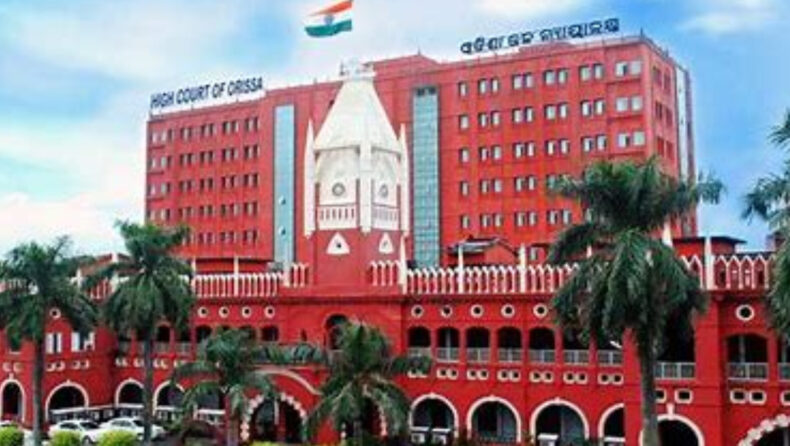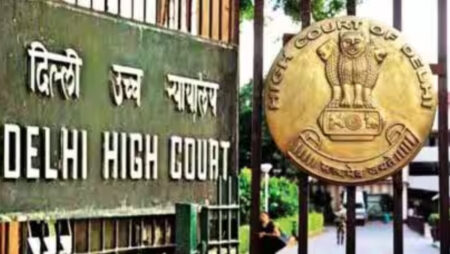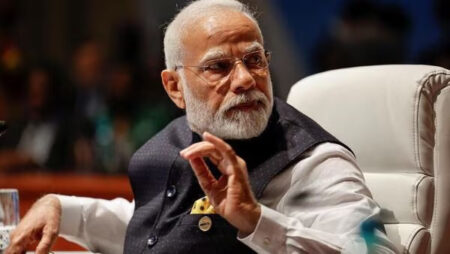On Wednesday, The High Court of Orissa at Cuttack quashed all the criminal proceedings pending against the input editor of the Orissa Television Ltd. (OTV). This decision was given in the petition filed by the petitioner under s. 482 of the Code of Criminal Procedure, 1972 seeking the quashing of FIR. This petition was heard by a single judge bench presided by Justice Muralidhar who is the Chief Justice of Orissa High Court.
In addition to the quashing, the court also pronounced that the offenses listed in the FIR are not even prima facie made out. The conversation is casual and does not seem to have an intent of causing panic. The court further opined that the continuation of the criminal case against the OTV would be tantamount to having a chilling effect on the press freedom.
Facts of the case
A telephonic conversation between two people in which one was a covid patient led to the filing of current petition. The OTV channel telecasted the conversation. Subsequently, an FIR was registered against the OTV for “dissuading the public from availing the requisite treatment thereby causing an increase in the spread of pandemic”.
In furtherance to such FIR, it was alleged that due to the circulation of the clip, fear is being spread in the public. Further, the clip was spreading false information claiming the misappropriation of the fund by the central government. Further, the intent of the clip was questioned by highlighting that it is creating a trust deficit between the government and the public.
Against such allegation, the input editor filed the present petition. In the petition, he claimed that the intention of the clip was to alert the government about such instance. There was no intention of creating a trust deficit. Further, the petitioner placed an affidavit on record which had the complete transcript of the conversation. It was further asserted by the petitioner that the conversation was providing pointers on how to prevent the disease and the importance of using masks.
Judgment
Upon pursuing the evidence on record, there is no prima facie case against the petitioner. If the case against petitioner is allowed to go on, it would be tantamount to create a curtailment of freedom of press. The court also observed that looking objectively at the clip, there is no element which would cause panic.
The court citing the judgment of state of Haryana v. Bhajanlal, observed that for quashing of FIR, if there is no evidence to support the accusations contained in the First Information Report or the complaint, even if they are taken at face value and accepted in their entirety, or where there is not enough evidence to support either the accused or any charges against him or her, when the First Information Report’s allegations and any supporting documents, if any, do not reveal a crime that could be prosecuted, justifying a police investigation under Section 156(1) of the Code, unless one is authorised by a magistrate under Section 155(2) of the Code., the petition could be quashed.
Further, the court also observed that the supreme court in the case of Rishipal singh v. State of Uttar Pradesh, held that a vexatious complaint must be interdicted at the threshold because the High Court should not permit it to proceed as it would be a clear misuse of the legal system.













